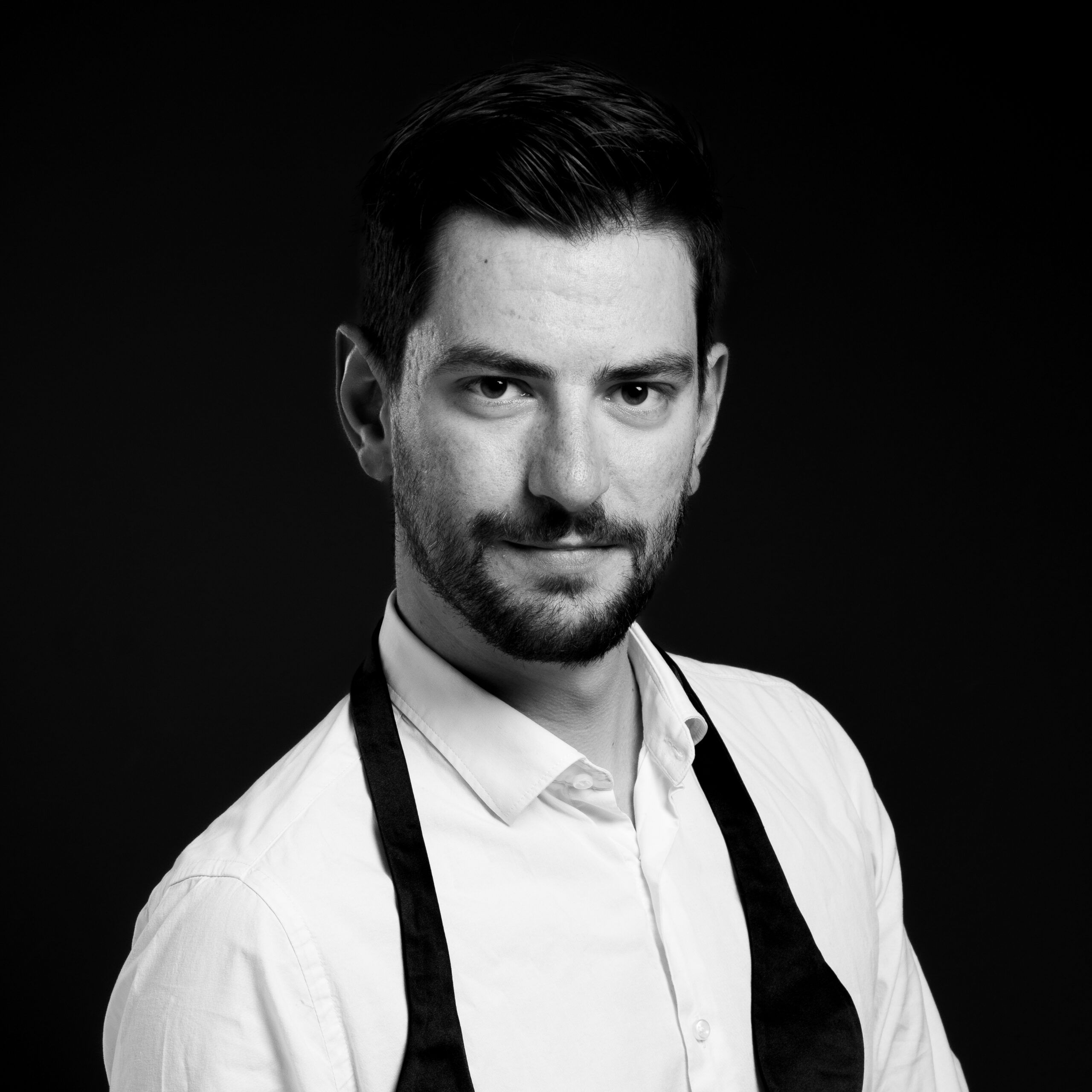
Alessandro Ravasio
Born in Bergamo, he began his musical studies at an early age, devoting himself first to the piano and then to the saxophone. He discovered a passion for opera and singing during his adolescence, and then began taking his first private singing lessons at the age of 18. He graduated in Linguistic Mediation and then decided to enrol at the Scuola Civica di Musica Claudio Abbado in Milan, where he graduated in Opera Singing in 2017.
After a start as a chorus artist at some Opera Foundations such as Teatro Donizetti in Bergamo and Teatro Municipale in Piacenza, he debuts some roles including Leporello from Don Giovanni by W. A. Mozart, Sparafucile from Rigoletto by G. Verdi, Angelotti from Tosca by G. Puccini, and has the honour of singing the part of Talbot (Maria Stuarda – G. Donizetti) in concert with Mariella Devia at Teatro Sociale in Bergamo in November 2018. At the same time, he discovered the Baroque repertoire during a masterclass held by Gemma Bertagnolli, at the end of which he debuted the role of Strabone in the first performance in modern times of La Vedova Ingegnosa by G. Sellitti. He then began collaborating with a number of important ensembles such as Coro Ghislieri, Gli Angeli, the Cameristi della Scala Micrologus, La Fonte Musica, Concerto Romano, Accademia d’Arcadia, Canto d’Orfeo, laBarocca, and the Cappella Musicale di S. Maria Maggiore, and performed as soloist in various sacred and concert productions such as the Johannes-Passion (Jesus and arias), the Matthäus-Passion, the Cantatas BWV 4,61 and 158 and the Magnificat by J. S. Bach, Dixit Dominus, Messiah and Aci, Galatea e Polifemo (Polyphemus) by G. F. Händel, La Rappresentatione di Anima et di Corpo (Tempo) by E. De Cavalieri, Ester (Testo) by A. Stradella, Nelsonmesse by J. F. Haydn, the Requiem by W. A. Mozart and N. Jommelli and the Missa Solemnis by L. van Beethoven. On the operatic side, he has debuted such roles as Charon and Pluto from Monteverdi’s Orfeo, Segesto from A. M. Bononcini’s Arminio, Atrace from A. Melani’s Empio Punito, Sarastro from Die Zauberflöte and Leporello from W. A. Mozart’s Don Giovanni and Jupiter from J. Melani’s Ercole in Tebe.
Conductors with whom he has worked include Rinaldo Alessandrini, Alessandro Quarta, Gianluca Capuano, Antonio Greco, Lorenzo Ghielmi, Federico Maria Sardelli, Giulio Prandi, Stephan MacLeod, Ruben Jais and Beatrice Venezi, and he has had the opportunity to perform at important festivals and concert halls such as Purtimiro (Lugo), Monteverdi Festival (Cremona), Anima Mundi (Pisa), Amuz (Antwerp), Valletta Baroque Festival, Bologna Festival, Misteria Paschalia, Teatro alla Scala, Concertgebouw, De Singel, Philarmonie de Paris, Château de Versailles, Wiener Konzerthaus, Teatro Verdi di Trieste, Teatro delle Muse di Ancona.
He also has some recordings to his credit for Dynamics (F. Cavalli, Vespro della Beata Vergine and F. Cavalli – Hymns and Psalms), Passacaille (G. Frescobaldi – Organ Works and motets), Arcana (A. Grandi – Celesti Fiori; A. Grandi, Laetatus sum – Vesper Psalms; Mozart in Milan: Sacred Music around the Exsultate Jubilate), Brilliant Classics (A. Melani – Concerti Spirituali; F. Soto de Langa – 20 Laude spirituali) and Pentatone (C. Monteverdi – Il delirio della passione).
Apparizioni
2024
- 28 maggio 2024


